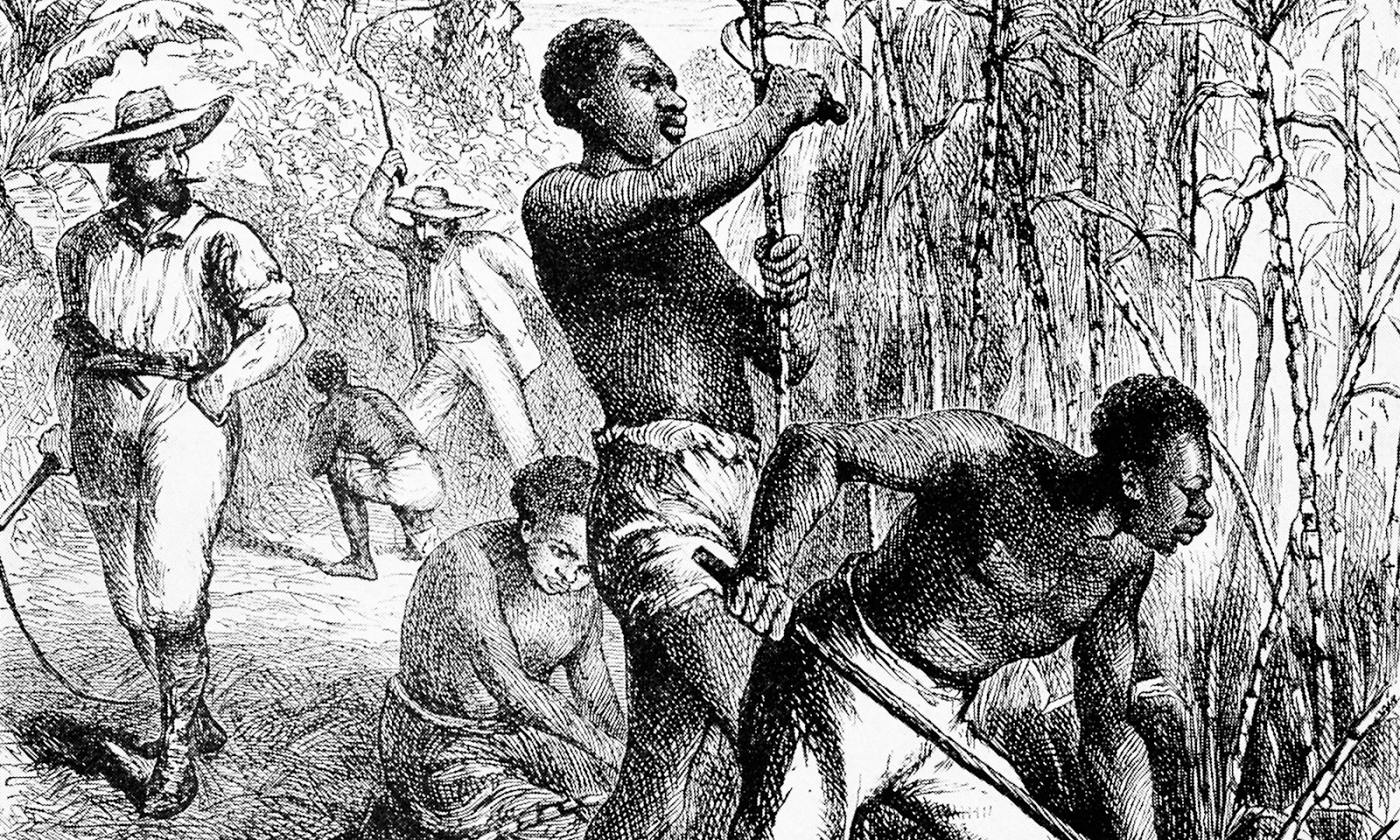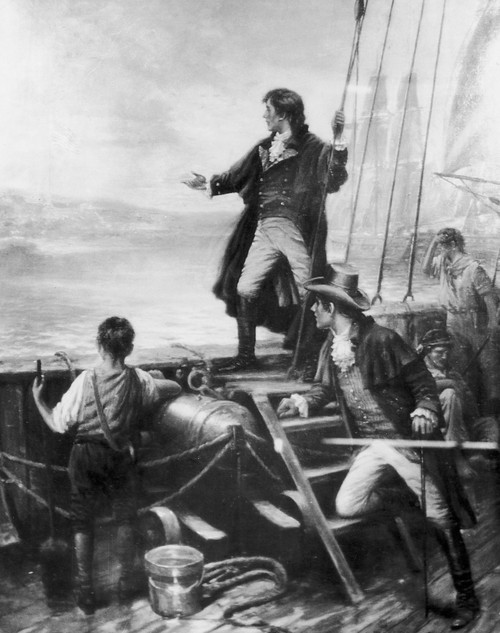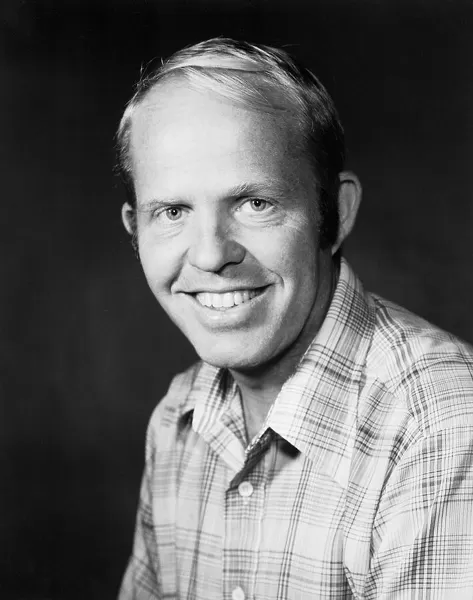As it stands, the United States of America is entrenched in critical discussion over the role of the slave. While both sides present logical and rational arguments, history lends its expertise in favor of the state's position. Twenty-one years ago, this great nation voted to prohibit the international slave trade on several moral, legal, and economic arguments under the leadership of the Jefferson administration.
Merely eight years later, the American Colonization Society was founded as an alternative approach to the divisive issue of slavery. Instead of advocating for emancipation of African Americans, the ACS directed its efforts to the creation of an independent nation for the sole purpose of relocating freedmen.
This ideology was based on the belief that black people could not enjoy the same freedoms and privileges of white people in American society. Therefore, proponents argued, the only way to ensure prosperity of the white and black peoples was to separate the races entirely. Notably, the aforementioned society is ardently supported by influential figures of our time, such as Songwriter Francis Scott Key and Politician Henry Clay. Despite the significant efforts of the ACS, however, there continues to be no tried and true resolution to the issues at hand. Regardless, the actions of the society represent our nation's attempt to approach the slavery issue from a new perspective; if anything is clear, it is that our current position is no longer viable.
In the present, embers of a great religious fever glow in the dens of our society, stoked by the words of the great evangelist, Charles Grandison Finney.
Pastors, priests, and other religious leaders travel from coast to coast spreading the word of god; they encourage reform and a "purification" of American society based on an anticipation of the Second Coming. Consequently, the Christians of our society have been motivated to reconsider the cruel institution of slavery and unholy nature of bondage.
In an effort to predict the result of this trajectory, we can look upon the efforts of the Englishmen. As we convene, the parliamentarian William Wilberforce campaigns against slavery with great success; on the other side of the pond, the British appear to be headed in the same direction as ourselves. If we have any respect for our mother country–which we ought to considering her borders spanned the entire globe at one point–then we should feel encouraged by her efforts.
However, England does not stand alone. France has also become enthralled in the abolitionist movement behind the leadership of Victor Schoelcher. Moreover, we should not forget the efforts of Spain’s Agustín de Argüelles who successfully convinced the Spanish assembly to outlaw the slave trade in 1812 after being inspired by British abolitionism.
Considering the recent history of this country and others, the facts of the matter suggest the beginning of a powerful anti-slavery movement. In this procession, we have the opportunity to hold our nation back against a powerful tidal wave of social progress, or open our sails and embrace the change that will lead to the progression of this nation as a whole.
Considering the recent history of this country and others, the facts of the matter suggest the beginning of a powerful anti-slavery movement. In this procession, we have the opportunity to hold our nation back against a powerful tidal wave of social progress, or open our sails and embrace the change that will lead to the progression of this nation as a whole.
Thus, in an effort to move our country in the right direction, we assert that slaves are not property, but human beings. Therefore, the prosecution asserts that Mann was rightfully convicted for the assault and battery of Lydia.








No comments:
Post a Comment